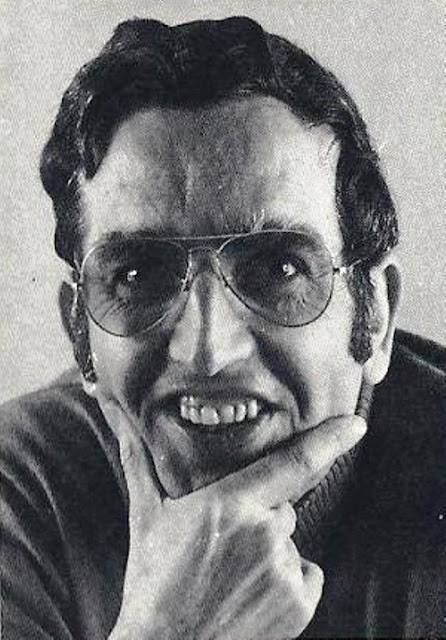There is a famous story of a white cat, with which we all become acquainted in the nursery. I am going to tell a story of a white cat very different from the amiable and enchanted princess who took that disguise for a season. The white cat of which I speak was a more sinister animal.
The traveller from Limerick toward Dublin, after passing the hills of Killaloe upon the left, as Keeper Mountain rises high in view, finds himself gradually hemmed in, up the right, by a range of lower hills. An undulating plain that dips gradually to a lower level than that of the road interposes, and some scattered hedgerows relieve its somewhat wild and melancholy character.
One of the few human habitations that send up their films of turf-smoke from that lonely plain, is the loosely-thatched, earth-built dwelling of a "strong farmer," as the more prosperous of the tenant-farming classes are termed in Munster. It stands in a clump of trees near the edge of a wandering stream, about half-way between the mountains and the Dublin road, and had been for generations tenanted by people named Donovan.
In a distant place, desirous of studying some Irish records which had fallen into my hands, and inquiring for a teacher capable of instructing me in the Irish language, a Mr. Donovan, dreamy, harmless, and learned, was recommended to me for the purpose.
I found that he had been educated as a Sizar in Trinity College, Dublin. He now supported himself by teaching, and the special direction of my studies, I suppose, flattered his national partialities, for he unbosomed himself of much of his long-reserved thoughts, and recollections about his country and his early days. It was he who told me this story, and I mean to repeat it, as nearly as I can, in his own words.
I have myself seen the old farm-house, with its orchard of huge mossgrown apple trees. I have looked round on the peculiar landscape; the roofless, ivied tower, that two hundred years before had afforded a refuge from raid and rapparee, and which still occupies its old place in the angle of the haggard; the bush-grown "liss," that scarcely a hundred and fifty steps away records the labours of a bygone race; the dark and towering outline of old Keeper in the background; and the lonely range of furze and heath-clad hills that form a nearer barrier, with many a line of grey rock and clump of dwarf oak or birch. The pervading sense of loneliness made it a scene not unsuited for a wild and unearthly story. And I could quite fancy how, seen in the grey of a wintry morning, shrouded far and wide in snow, or in the melancholy glory of an autumnal sunset, or in the chill splendour of a moonlight night, it might have helped to tone a dreamy mind like honest Dan Donovan's to superstition and a proneness to the illusions of fancy. It is certain, however, that I never anywhere met with a more simple-minded creature, or one on whose good faith I could more entirely rely.














